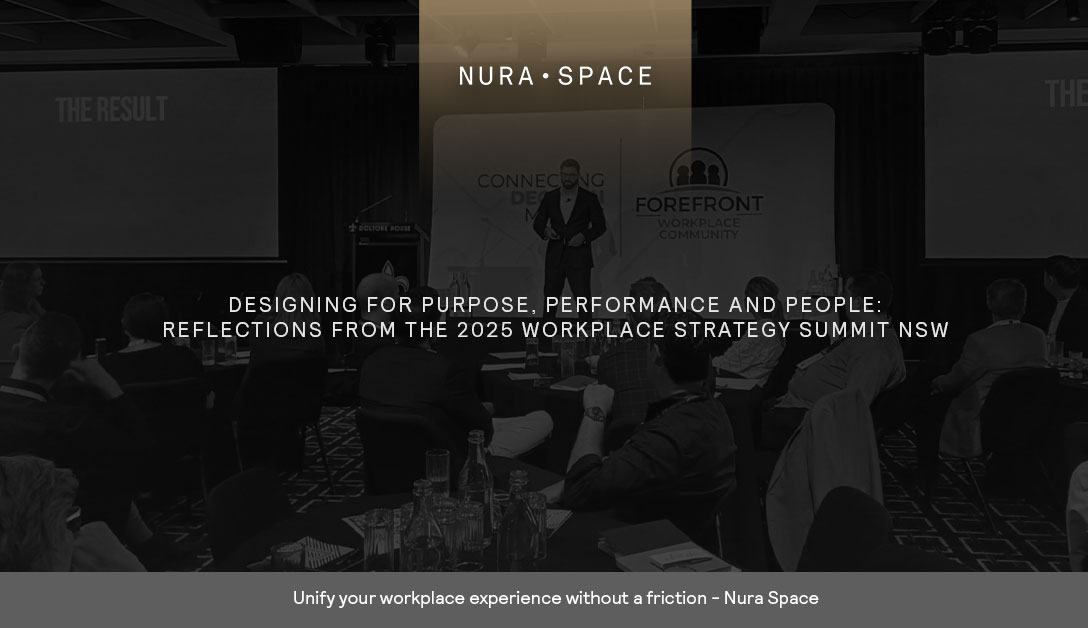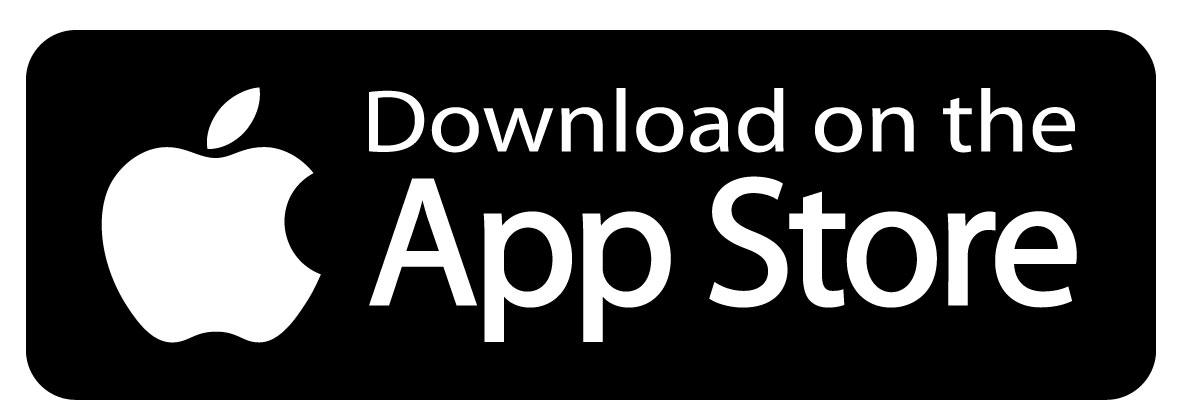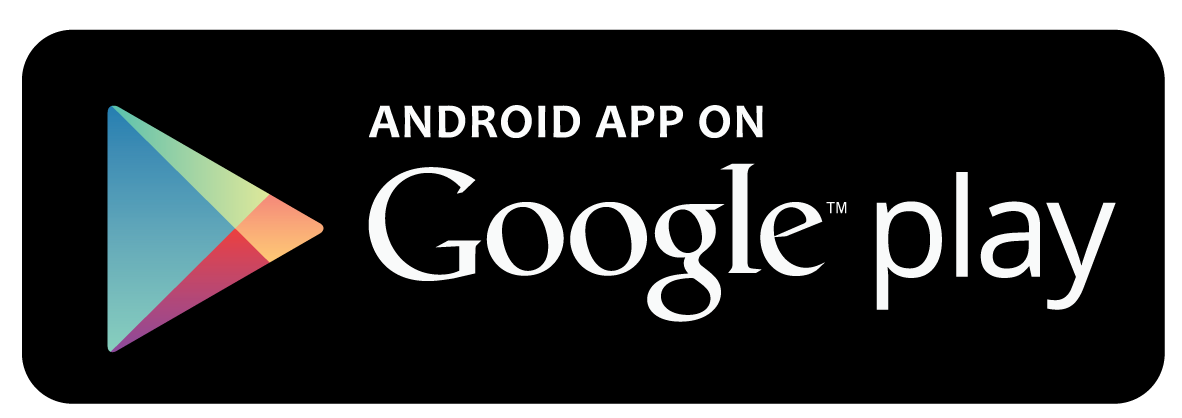Engaging Millennials in the workplace
A part of navigating the new world of work and preparing for the future of work is putting the needs and expectations of Millennials - and generations after them - front and centre, and in turn, unlocking their immense potential. After all, this segment is set to make up three-quarters of the workforce in the near future.










